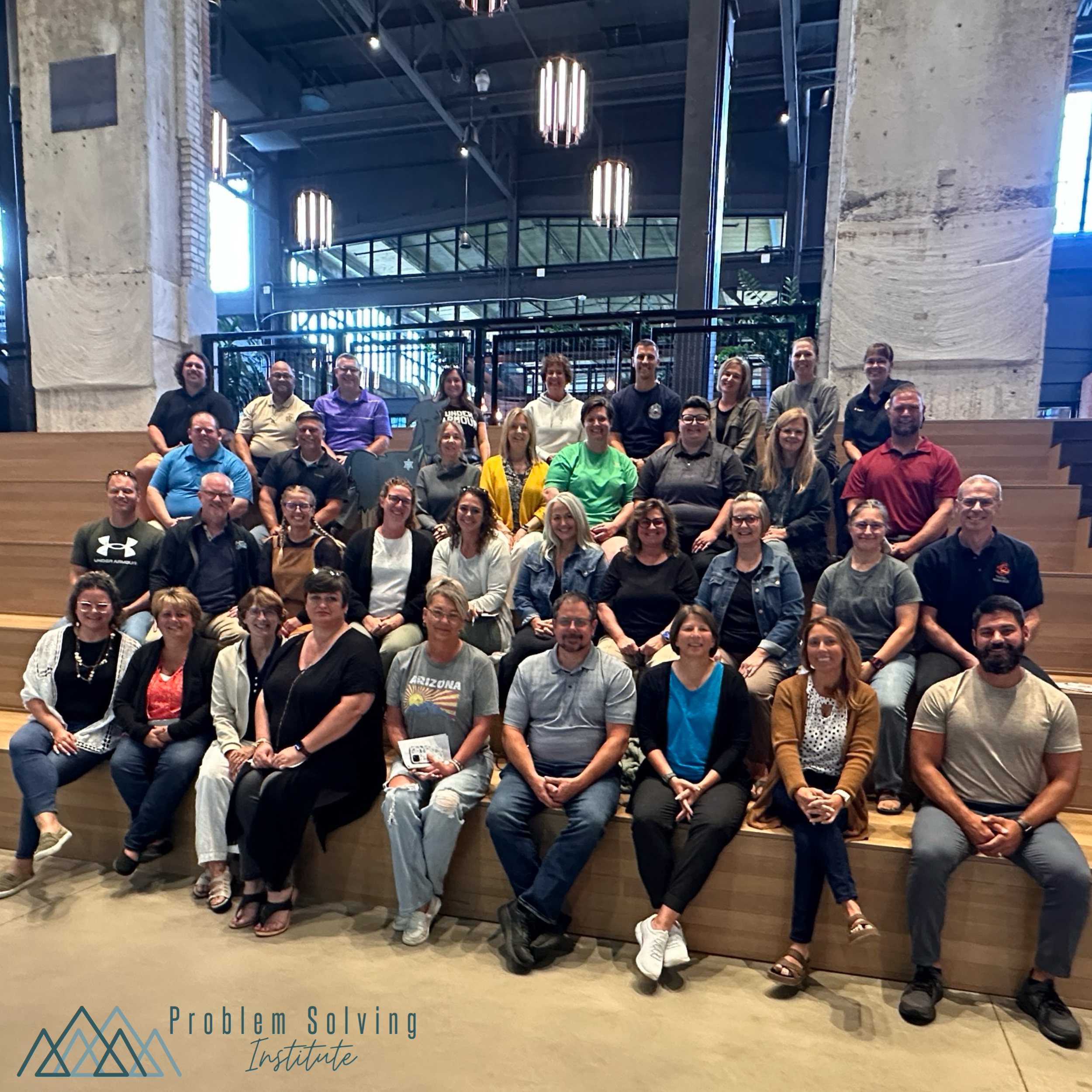The Intersection of First Responders & Educators
What do first responders and educators have in common?
I want to share the brief story of how I met Mitch McKinney, a Fort Wayne Police Department leader who has impacted my life and many others in a positive way.
I met Mitch McKinney during COVID times. I am from the Fort Wayne area but moved away professionally for several years. I moved back after a divorce, life was bumpy and uncertain. Because many of us weren’t sure what was next, I’m grateful that so many trusted me during those times to dig into self development. He was one of them.
Mitch and I came up with a plan to develop some law enforcement leaders in Brené Brown’s research. (I know what you’re thinking, cops don’t do vulnerability but they do and we have to do a better job at humanizing these folks.) We developed several FWPD leaders in courage skill building but it didn’t stop there.
Then, I partnered with Cindy McKinney (his better half) at Region 8 Education Service Center and we did the same thing but with administrators and educators.
Ironically, Mitch came to speak at this session and we started to see some commonalities. We started to notice:
The hyper vigilance
The burnout
The self care needs that were often out of reach
The disconnect from the humanity of the profession
The dehumanization
And then we named it. Educators’ roles have changed. And they are more like first responders than ever before.
So, we asked ourselves, what would it look like if we combined a Dare to Lead session where both first responders and educators could intentionally co-learn and collaborate?
What new awareness could be surfaced?
What connections could be forged?
What healing could be possible?
What possibilities could be next?
What would our communities look like if we were intentional about colliding leaders in this way?
What do educators know that first responders need to know?
What do first responders need to understand about the outcome of connecting with educators?
What’s the potential community impact?
What gets in the way of humanizing these professions with more intentionality?
What do we, or they, stand to lose if we don’t?
(If you’re thinking what I’m thinking, we should go grab coffee.)
I don’t know the answers to these questions but as you can see, they are worth asking. I hope you are willing to explore this with us, too.
Enjoy the photo journey of this relationship over the last 4 years including our recent Dare to Lead workshop where leaders from these two professions attended from 5 states. Some drove over 12 hours.
I’m grateful to witness it all but truly grateful to play a small part in your lives. We have more work to do in our communities to re-humanize these professions - let’s get to work.
(Much gratitude to Fortify Life, FOP Lodge 14 and Region 8 Education Service Center for sponsoring this workshop at Electric Works on July 23, 2024.)











